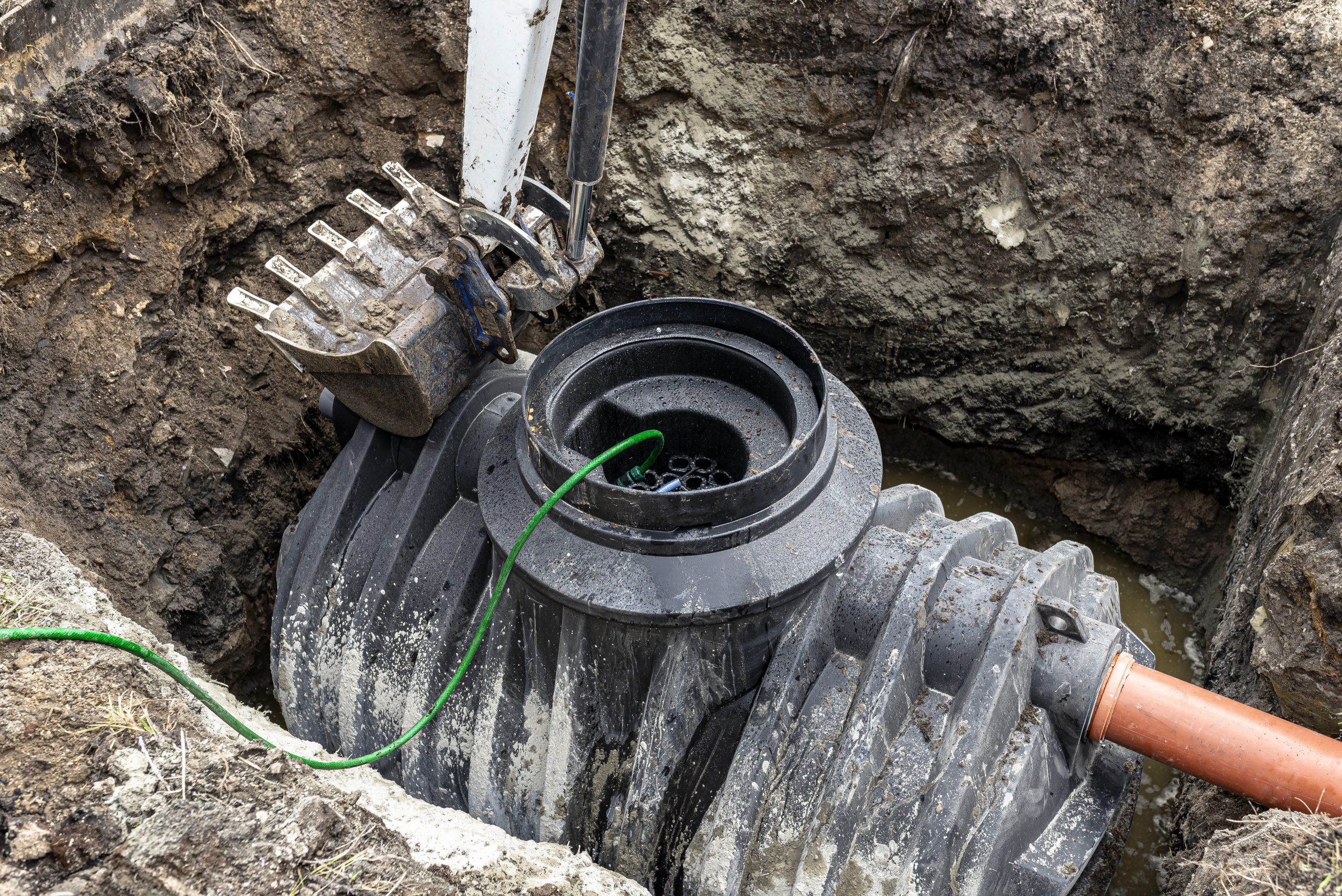As a homeowner, it is essential to understand the importance of regular septic system inspections. A septic system is a crucial component of your home’s plumbing system that is responsible for treating and disposing of wastewater. Neglecting septic system maintenance can lead to costly repairs and potential health hazards. In this article, we will discuss the significance of septic system inspections and what homeowners need to know about them.
What is a Septic System Inspection?
A septic system inspection is a thorough evaluation of your septic system to ensure that it is functioning correctly and efficiently. During an inspection, a qualified professional will examine various components of the septic system, including the tank, pipes, and drainfield. The goal of the inspection is to identify any issues or potential problems before they escalate into more significant and costly problems.
Why are Septic System Inspections Necessary?
Regular septic system inspections are essential for several reasons. First and foremost, inspections help ensure that your septic system is working correctly and efficiently. A malfunctioning septic system can lead to sewage backups, foul odors, and environmental contamination. By having your septic system inspected regularly, you can catch any issues early on and prevent them from turning into major problems.
Additionally, many local health departments and regulatory agencies require homeowners to have their septic systems inspected periodically. Failing to comply with these regulations can result in fines and penalties. By staying on top of septic system inspections, you can avoid legal troubles and maintain compliance with local regulations.
When Should Homeowners Schedule Septic System Inspections?
The frequency of septic system inspections depends on several factors, including the size of your household, the age of your septic system, and your usage habits. As a general rule of thumb, it is recommended that homeowners have their septic systems inspected at least once every three years. However, if you have a larger household or notice any signs of septic system problems, you may need to schedule inspections more frequently.
It is also essential to schedule a septic system inspection if you are buying or selling a home. A septic system inspection is typically included in the home inspection process and can help identify any potential issues that may affect the sale of the property.
Signs That Your Septic System Needs Inspection
There are several signs that indicate your septic system may need inspection. If you notice any of the following issues, it is crucial to contact a septic system professional promptly:
- Slow drains or backups in sinks, toilets, or showers
- Foul odors coming from drains or the drainfield
- Pooling water or lush grass growth around the septic tank or drainfield
- Gurgling sounds coming from drains
- Sewage backups in the home
If you experience any of these signs, do not hesitate to schedule a septic system inspection. Ignoring these issues can lead to more significant problems that are costly to repair.
Conclusion
In conclusion, septic system inspections are essential for maintaining the health and functionality of your septic system. By scheduling regular inspections and addressing any issues promptly, you can avoid costly repairs and ensure that your septic system continues to operate efficiently. If you are a homeowner with a septic system, be sure to stay on top of inspections and maintenance to protect your investment and the environment.?
